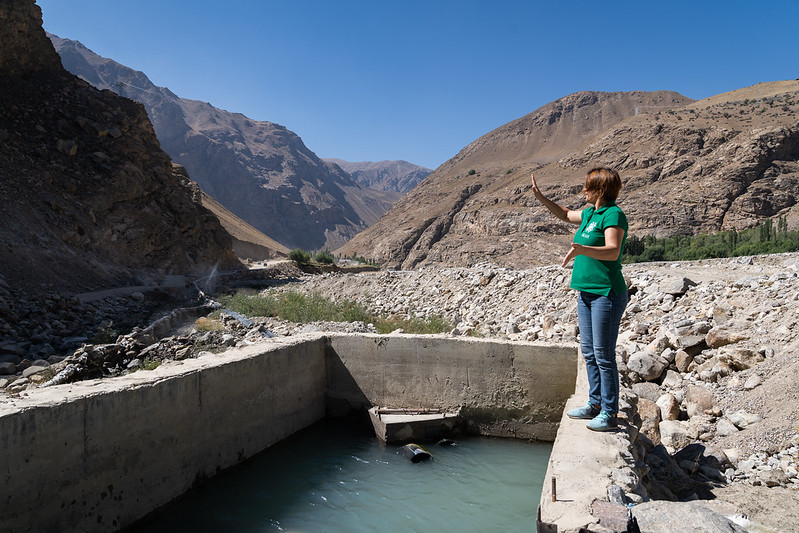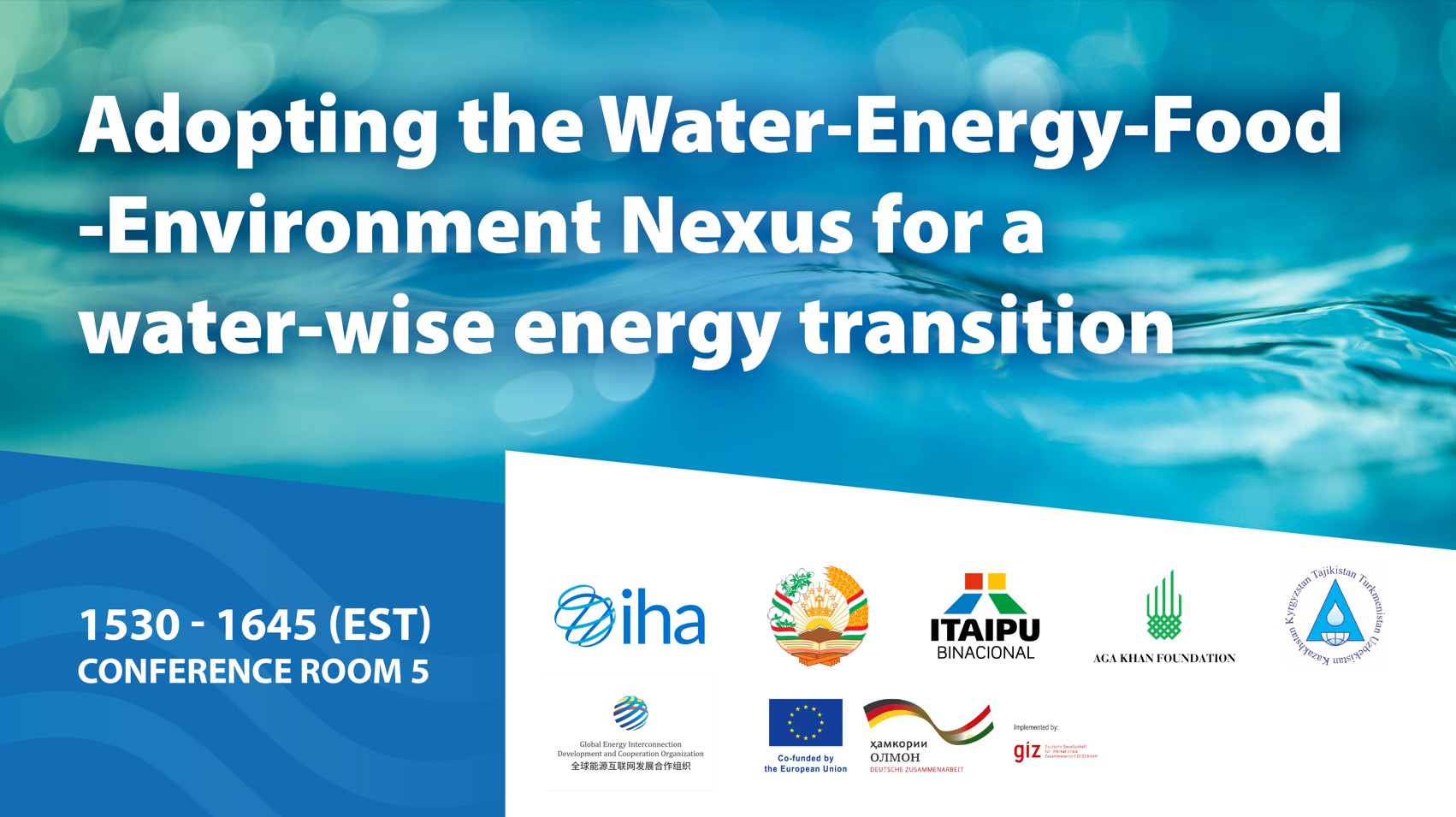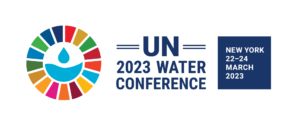What’s the purpose of the conference?
Co-hosted by the Governments of Tajikistan and the Netherlands and taking place at UN General Assembly in New York between 22-24 March 2023, the Conference is a platform for multi-stakeholder dialogue which will result in new commitments and actions compiled in the Water Action Agenda. In particular, the Conference aims to galvanize global collective action towards achieving SDG6 – Ensure access to water and sanitation for all.
The Conference will feature six plenary meetings and five multi-stakeholder interactive dialogues. It will also feature a number of high-level special events and side events organised by Member States, the UN system and other stakeholders including the Aga Khan Foundation (full programme).
“The UN 2023 Water Conference must result in a bold Water Action Agenda that gives our world’s lifeblood the commitment it deserves”
António Guterres, Secretary-General Of The United Nations
Why is water an urgent issue?
Water is fundamental for life on Earth. It is essential for human health and well-being, energy and food production, healthy ecosystems, climate adaptation, poverty reduction, and more. Water is at the core of sustainable development. But decades of poor management, misuse, overextraction of groundwater and contamination of freshwater supplies have intensified water stress and degraded water-related ecosystems. This leads to negative impacts on human health, economic activities, and food and energy supplies.
Safe drinking water, sanitation and hygiene are vital to human health yet billions of people around the world still lack access to these basic services. More than 800,000 people die each year from diseases directly attributed to unsafe water, inadequate sanitation, and poor hygiene practices. Water is a critical issue that affects everyone. Urgent action is needed to ensure a sustainable and equitable distribution of water for all needs.
Put simply, water is a dealmaker for the SDGs, and for the health and prosperity of people and planet. But our progress on water related goals and targets remains alarmingly off track, jeopardising the entire sustainable development agenda.
Why is AKF attending?
AKF and other agencies of the Aga Khan Development Network play an active role in improving access to water as well as ensuring this resource is sustainably managed. Water is fundamental AKDN’s broader goal to improve the quality of life of disadvantaged communities.
The only way to achieve these goals is through a multi-sectoral and multi-stakeholder approach that involves communities, civil society organisations, local and national governments, private sector and multi-lateral development organisations.
AKF and AKDN agencies have a body of knowledge generated over the course of 50 years in the field of water concerning successful multi-sectoral interventions which will be demonstrated at the event. It will be shown how these models can be replicated and scaled by other partners and in other contexts.

How will AKF be participating?
AKF and other AKDN agencies will be co-hosting a side event ‘Adopting the Water-Energy-Food-Environment Nexus for a water-wise energy transition’ with the Tajikistan Ministry of Energy and Water Resources, International Hydropower Association, ITAIPU Binacional, Executive Committee for the International Fund for Caving the Aral Sea, USAID GIZ, Aga Khan Fund for Economic Development and the University of Central Asia.
The session will draw on the broad principles outlined in the World Bank report ‘What the Future Has in Store: A new Paradigm for Water Storage’, which provides a practical framework to help with everything from evaluating long-term investments in natural and built storage, to decision-making under uncertainty, to integrated planning techniques, and international case studies.

The session will discuss the increasing water storage gap that the world is facing. Over the last 50 years, while the global population doubled, natural freshwater storage declined due to melting glaciers and snowpack, and the destruction of wetlands and floodplains.
Understanding the current status of the world’s water and making better decisions about managing it will create a stronger foundation for sustainable development, climate action and resilience, and pay dividends for populations, economies, and the planet for generations to come.
The side event will take place on 22 March at 3:30-4:45pm ET.
Watch it here.





